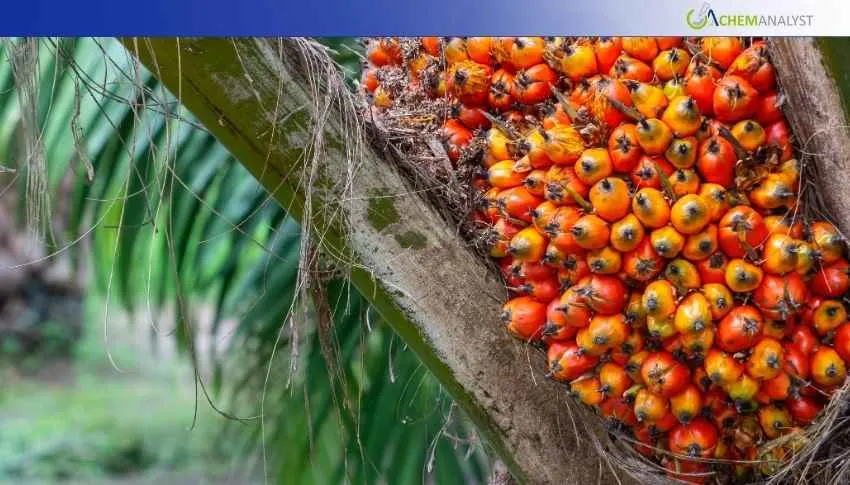Welcome To ChemAnalyst

Indonesia urges EU to remove biodiesel duties after WTO ruling, arguing measures lack evidence, harm exports, and breach global trade rules.
On August 25, Indonesia strongly called on the European Union (EU) to withdraw the countervailing duties it has imposed on imports of biodiesel. The demand follows a recent World Trade Organization (WTO) ruling that supported several of Indonesia’s main arguments in its complaint against the EU. Indonesia, recognized as the world’s largest palm oil exporter, filed the complaint in 2023, arguing that the duties violated WTO regulations.
Indonesian Trade Minister Budi Santoso emphasized in an official statement that the EU should immediately revoke these import duties, which he described as inconsistent with international trade rules. The EU, which is the third-largest destination for Indonesian palm oil products and a crucial market for the country’s biodiesel exports, has maintained countervailing duties ranging between 8% and 18% since 2019. According to the EU, Indonesian biodiesel producers benefit from state support through subsidies such as grants, tax incentives, and access to raw materials at below-market costs.
However, the Indonesian Ministry of Trade noted that the WTO panel disagreed with this justification. The panel determined that Indonesia’s export duty and export levy on palm oil cannot be classified as subsidies under WTO definitions. Furthermore, the WTO ruled that the European Commission had failed to demonstrate credible evidence of a threat of material harm to European biodiesel producers as a direct consequence of imports from Indonesia. Based on this analysis, the WTO concluded that the EU’s imposition of countervailing duties on Indonesian biodiesel lacked an objective foundation and was therefore unjustified.
Indonesia has been significantly impacted by these duties. In 2019, its exports of palm oil-based biodiesel to the EU were as high as 1.32 million kilolitres (kl). However, following the enforcement of duties, shipments plummeted to 36,000 kl in 2020, and by 2024, exports were recorded at only 27,000 kl. This steep decline underscores the negative effect of the EU’s measures on Indonesia’s biodiesel industry and its broader trade relationship with Europe.
Although the WTO’s findings favor Indonesia, the case may not reach a definitive conclusion soon. The EU retains the right to appeal the decision. Yet, the WTO’s appellate body, which normally handles such appeals, is currently non-functional due to a deadlock in appointing new judges. As a result, no final binding ruling can be issued at this time, leaving the dispute unresolved.
Indonesia’s appeal for the removal of countervailing duties reflects its broader objective of safeguarding its biodiesel exports and ensuring fair treatment under global trade frameworks. The outcome of this case is not only significant for Indonesia’s palm oil industry but also for future trade relations between developing exporters and major economic blocs like the EU.
We use cookies to deliver the best possible experience on our website. To learn more, visit our Privacy Policy. By continuing to use this site or by closing this box, you consent to our use of cookies. More info.
